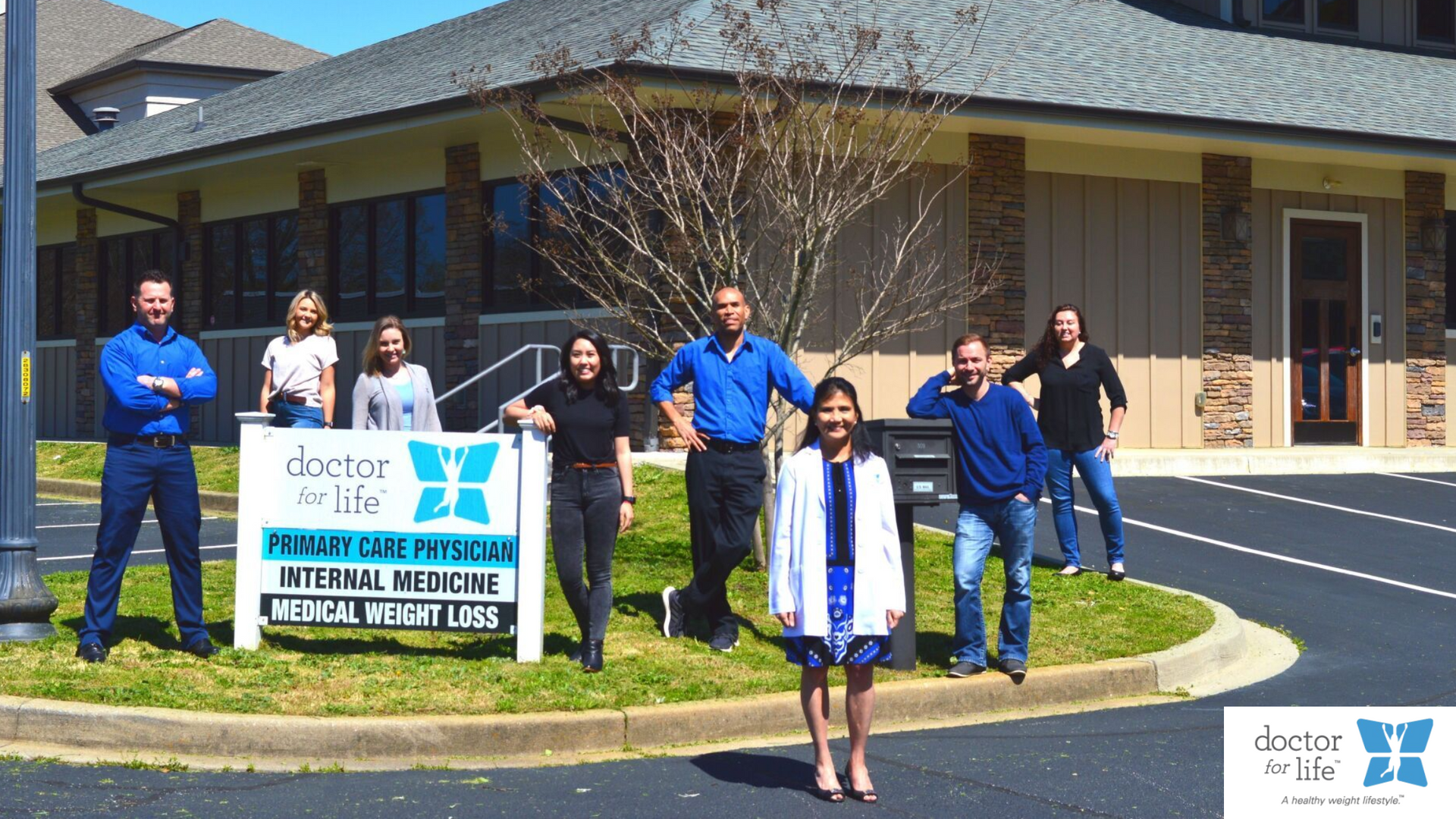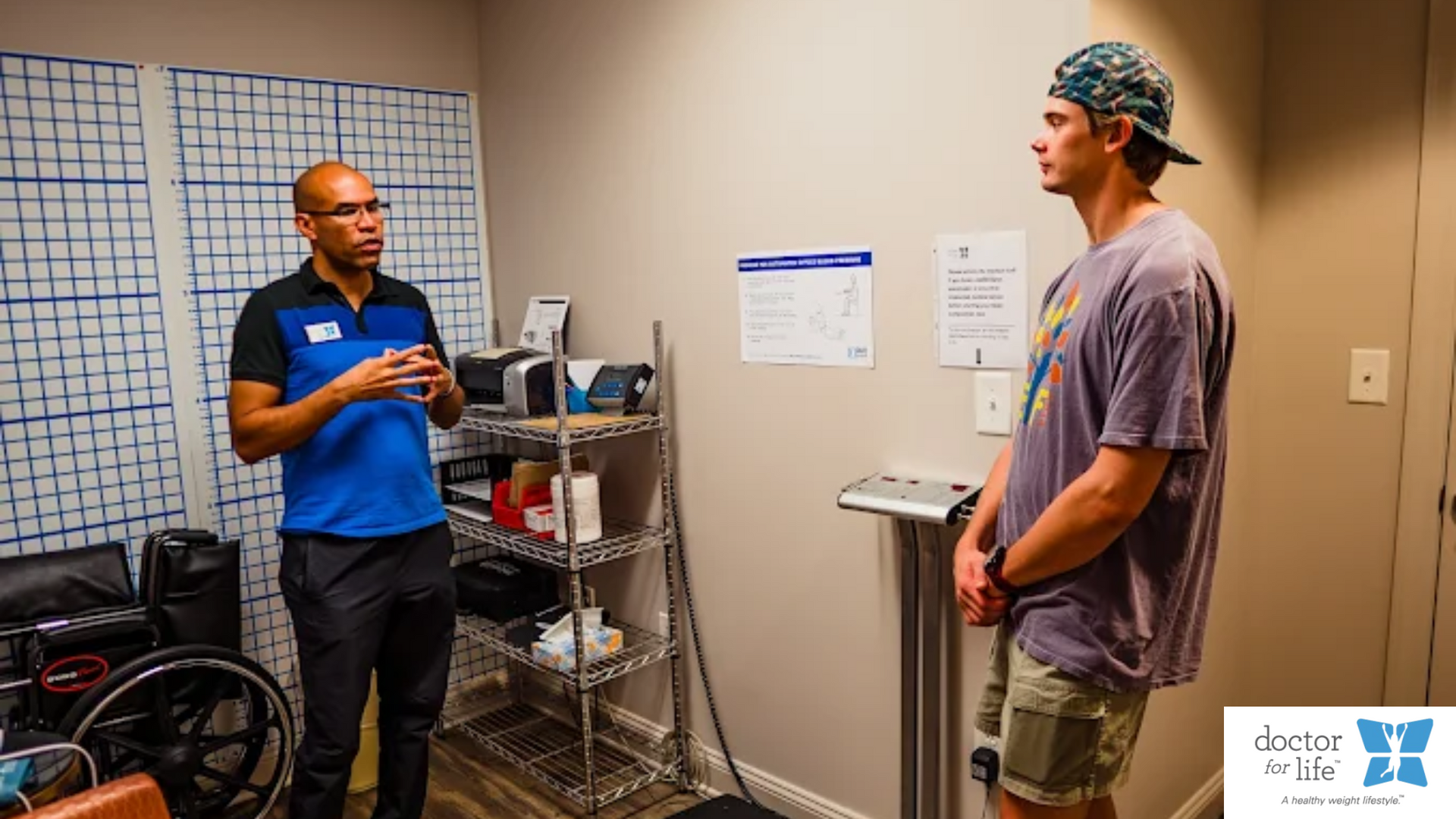Why is losing weight so difficult?
Cheryl Sarmiento, MD • November 2, 2020
Why won't advising your love ones to lose weight work?
The answer is found in the individual’s current state of health. People are born healthy except for few genetic mutations that predisposes them to certain disease(s). Obesity is defined as an altered physiologic state when BMI is more than 30. It is an abnormal, excessive storage of fat in the body that presents a risk to health such as dysfunction of an adipose tissue, fat mass physical forces that leads to adverse metabolic, biochemical and psychosocial health consequences. The extra fat cells produce inflammation and contains various hormones that can negatively impact your health and boost your odds of chronic medical conditions. It is recognized by American Medical Association as a chronic, relapsing, multifactorial and neurobehavioral disease.
The following are the drivers of the disease of obesity:
1. Alterations to the food supply
– the composition of food, it’s quantity and its promotion to consumers
2. A physical and technological environment that makes routine physical activity less common
3. Stress and distress in many forms can promote a state of obesity
4. Drugs and chemicals can act as endocrine disruptors with the effect of promoting obesity
The Biggest Loser failure:
In the New England Journal of Medicine, Sumithran et al demonstrated that weight loss causes changes in metabolic hormones that serve to return the body to it’s prior level of adiposity, hence making weight loss least likely effective. The body’s physiology protects fat mass and puts up defense mechanisms, making it difficult to lose weight. So this presents a greater challenge which requires chronic, long term treatment and regular follow up with a doctor – just like dyslipidemia, hypertension or diabetes. The physiology of this disease state will make long-term clinical improvement unlikely even though many patients might lose weight in the short term.
At Doctor for Life, the emerging standard of care is to use a range of treatments to help a patient reach and maintain a better state of health.
These include dietary interventions, physical activity, behavioral therapy, pharmacotherapy and metabolic surgery. Most often, a combination of these will yield the best outcomes, tailored to the needs of the patient.
Our team is led by our board certified Internal Medicine and Obesity Medicine physician, Cheryl Sarmiento MD. Daniel Andras is a Registered Dietitian and Masters in Nutrition, Tesa Edge is certified in Integrative Nutrition, Health and Wellness Practitioner, and certified AADE Lifestyle Coach. Jesse Threlkeld is certified Personal Trainer. Our patients will benefit from these evidence-based care for this complex, chronic disease.














